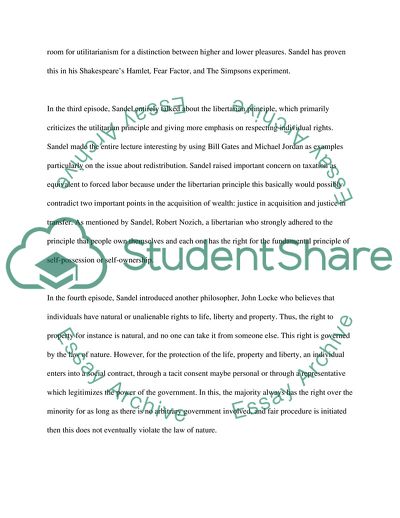Cite this document
(Analysis of Ethical Theories of Michael Sandel Assignment, n.d.)
Analysis of Ethical Theories of Michael Sandel Assignment. https://studentshare.org/philosophy/1765149-ethical-issues
Analysis of Ethical Theories of Michael Sandel Assignment. https://studentshare.org/philosophy/1765149-ethical-issues
(Analysis of Ethical Theories of Michael Sandel Assignment)
Analysis of Ethical Theories of Michael Sandel Assignment. https://studentshare.org/philosophy/1765149-ethical-issues.
Analysis of Ethical Theories of Michael Sandel Assignment. https://studentshare.org/philosophy/1765149-ethical-issues.
“Analysis of Ethical Theories of Michael Sandel Assignment”. https://studentshare.org/philosophy/1765149-ethical-issues.


